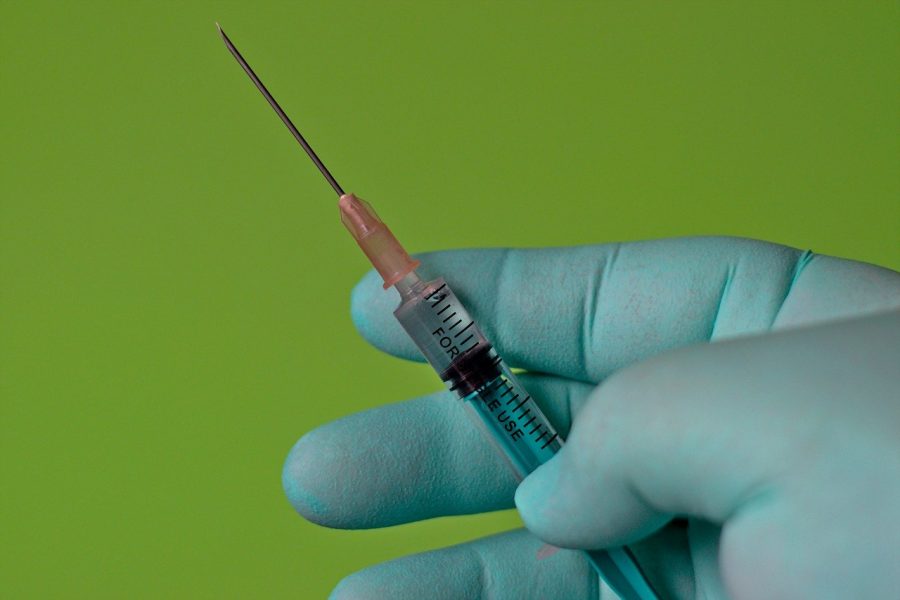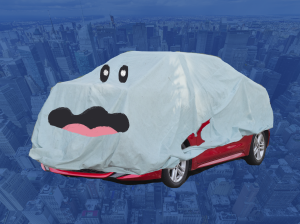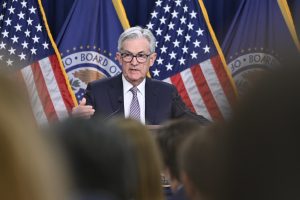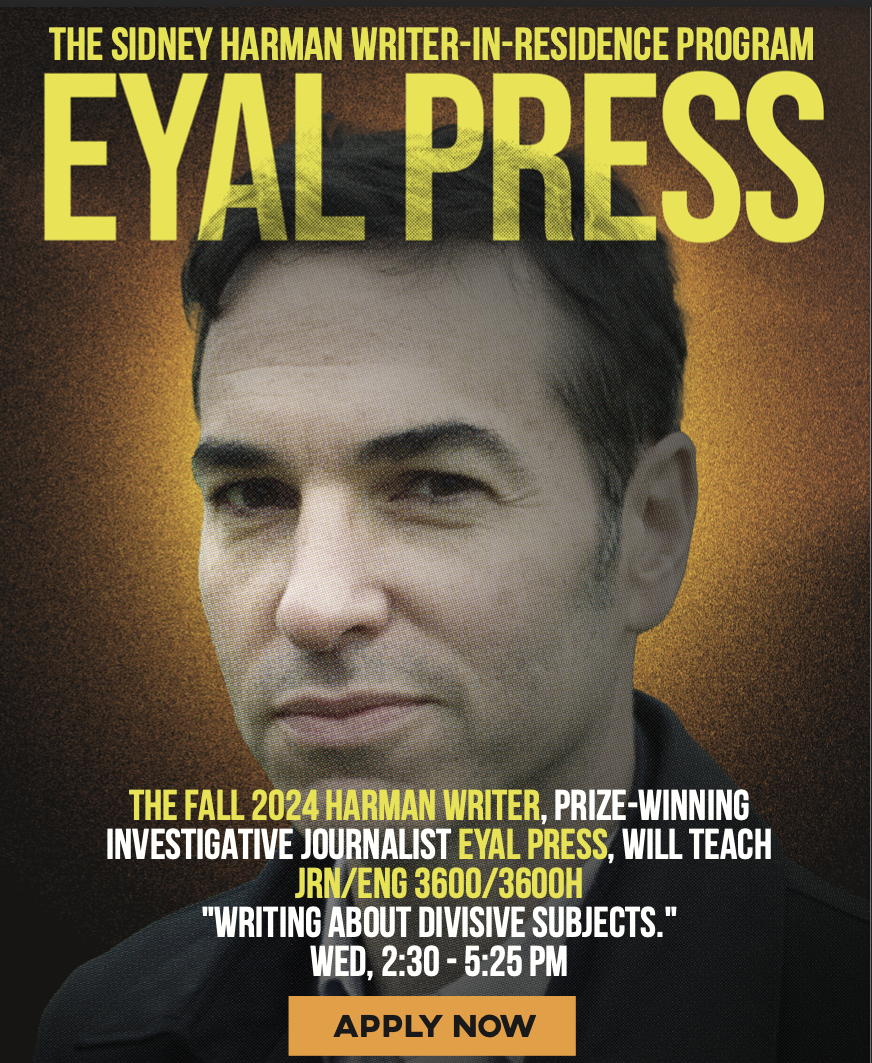World Health Organization approves first malaria vaccine
October 22, 2021
The World Health Organization approved the world’s first malaria vaccine for use in children across Africa, where the burden of the disease is felt more than in any other continent. In addition to existing preventative measures, the vaccine could potentially curb the spread of malaria, giving these children a better chance of survival.
Malaria is a parasite that invades and weakens the immune system by destroying red blood cells’ ability to reproduce. Mosquitoes, such as the Anopheles mosquito that is native to Africa, pass the disease onto humans by biting them.
In fact, because mosquitoes with malaria tend to live in Africa, the continent suffers from large outbreaks of the disease. Since 2019, more than 260,000 children in Africa have died from malaria, according to the BBC.
“The malaria parasite, carried by mosquitoes, is a particularly insidious enemy, because it can strike the same person over and over. In many parts of sub-Saharan Africa, even those where most people sleep under insecticide-treated bed nets, children have on average six malaria episodes a year,” The New York Times said.
After several years of development and clinical trials, the vaccine was endorsed by the WHO on Oct. 6. The vaccine, developed by GlaxoSmithKline PLC, goes by two names: Mosquirix and RTS,S/AS01.
During trials, the vaccine was distributed to over 800,000 children in Africa, according to the “WHO’s Science in 5.” It is also the first of its kind, making this one of the medical field’s biggest breakthroughs.
The vaccine was proven effective about six years ago and was successful in the pilot immunization programs, the BBC reported. Now, the vaccines are expected to be distributed across areas in sub-Saharan Africa and other regions where malaria transmission is moderate or high. These places include Kenya, Ghana and Malawi, where some of the trials were held.
The vaccine, however, faces some obstacles such as securing funding. There are also many concerns about the vaccine’s efficacy against severe cases and the longevity of its protection.
“In clinical trials, the vaccine — which was given in multiple doses — had an efficacy of about 30% against deadly severe malaria over four years of study,” Axios reported.
The issue with the efficacy is that it seems weaker compared to other vaccines like the mRNA COVID-19 vaccines. There are also four shots involved in the vaccination process.
On the other hand, medical experts note the vaccine is easier to push for than other preventative measures like insecticides, bed nets and drugs to kill mosquitoes carrying the disease. They also say the vaccine can still have a significant impact on immunity in children.
“According to modeling studies, it’s still strong enough to prevent 5.4 million cases and 23,000 deaths in children each year if it’s rolled out to the hardest-hit countries,”Axios reported.
These other preventative measures and treatments are costly, slow and less effective compared to the vaccine. The lost income and increased medical costs caused by malaria treatment and measures make the disease “both a consequence of poverty and one of its causes,” according to Axios.
“The ability to reduce inequities in access to malaria prevention — that’s important,” Dr. Mary Hamel, who leads the WHO’s malaria vaccine implementation program, said to The New York Times. “It was impressive to see that this could reach children who are currently not being protected.”
There are more than 100 types of the malaria parasite because it evolves, making it. difficult to target. Natural protection, which is usually found in people who get the disease multiple times, is limited. The RTS,S vaccine targets the most common and deadly form of malaria, which is found in Africa as well. Therefore, Africa is in urgent need of the vaccine.
“We’ve been looking for a malaria vaccine for over 100 years now, it will save lives and prevent disease in African children,” Dr. Pedro Alonso, the director of the WHO Global Malaria Program, said, according to the BBC.
The WHO hopes the vaccine will be distributed through child health clinics.
“This vaccine is a gift to the world, but its value will be felt most in Africa,” WHO Director- General Dr. Tedros Adhanom Ghebreyesus said, according to The Guardian.








